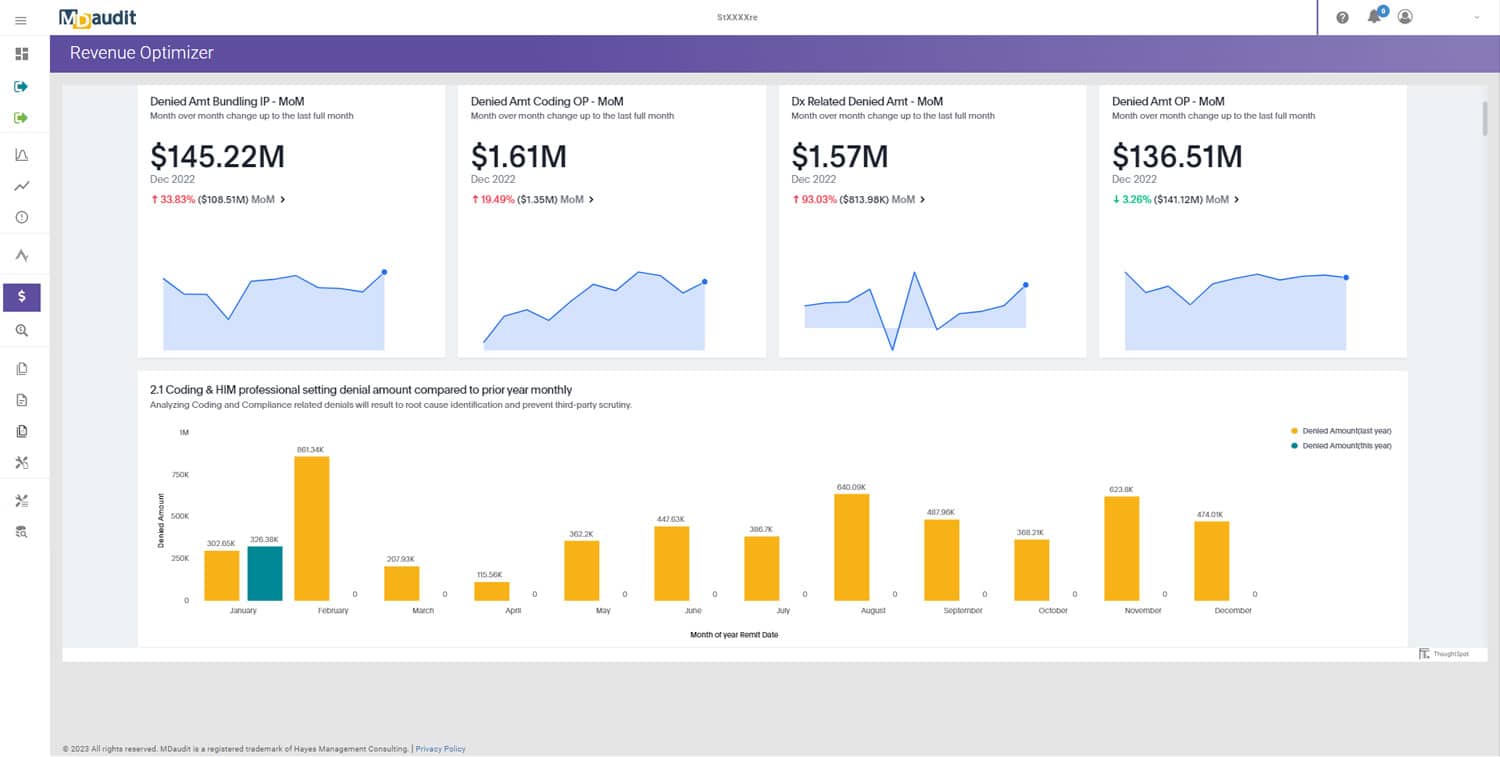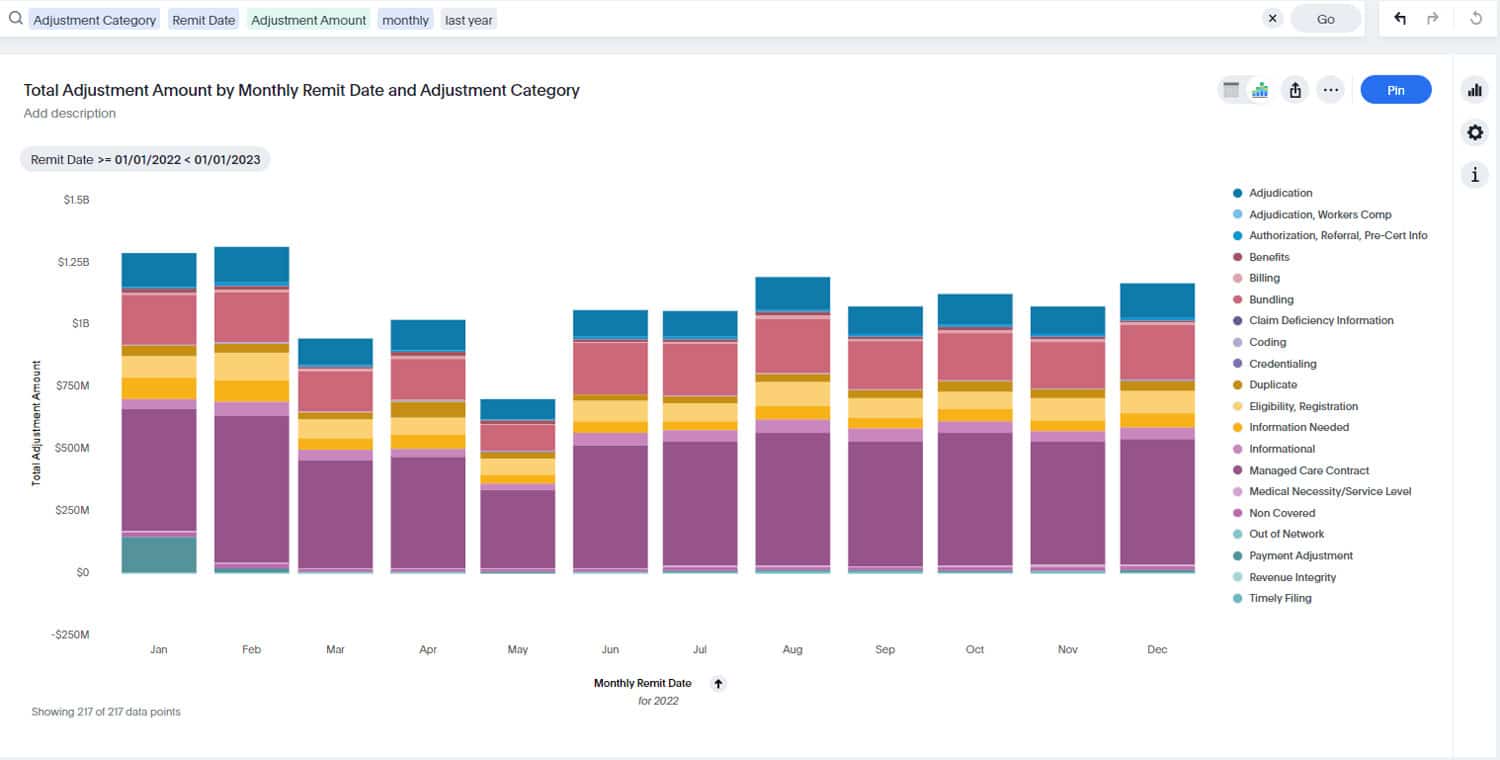While healthcare’s mission is to take great care of every patient who passes through a provider’s door, that cannot happen without a robust revenue cycle management (RCM) program.
Revenue is the lifeblood of every practice, hospital, ancillary healthcare provider, and health system. Submitting claims that accurately reflect the patient encounter and get paid the first time is mostly science, with a little art thrown in to meet ever-changing payer and regulatory requirements and getting at the root of systemic mistakes.
Staffing shortages, rapidly growing volume, and the need to get it right the first time has led two-thirds of healthcare organizations to outsource their revenue cycle management solutions and services, leading to a global market valued at $214.83 billion in 2022 and growing at a CAGR of nearly 10.4%, reaching $388.60 billion by 2028.
While outsourcing RCM to consultants makes smart business sense for many healthcare organizations, beneath the hype are several pitfalls that can cost them money, delay reimbursements, and put their organizations at greater risk of payer audits and security breaches.
“Healthcare organizations need an analytics-driven approach to billing compliance and revenue integrity to optimize their revenue cycle management strategies,” says Ritesh Ramesh, chief operating officer at MDaudit. “With shared data and insights, providers can build a more collaborative internal work culture that enhances the performance of overall revenue integrity operations versus outsourcing.”
Study these four issues carefully before you consider outsourcing revenue cycle management.
1. Costs.
An internal revenue cycle management and revenue integrity program requires hiring the right personnel and equipping them with the robust software to efficiently process and audit claims to keep reimbursement rates high. Outsourcing may not necessarily save an organization money.
Potential savings on software and personnel through outsourcing can be quickly offset by implementation costs, database connections, and other ancillary fees. A provider must still regularly audit and monitor the consultant to ensure that contractual obligations are being met. Would you outsource your personal finances to an outsider, or would you rather have a real-time, on-demand picture of your obligations and income?
2. Maximizing reimbursement without delay.
Using an intermediary for revenue cycle management can delay claims processing, which already is getting longer on the payer side. MDaudit research shows that the time between initial claims submission and payer response has been increasing and averages nearly three business weeks. Delays in claims submission because of outsourcing can add days in accounts receivable — at a time when expenses are outpacing revenues and when every reimbursement dollar counts.
Is your organization getting paid full value for the services you are providing to patients? Claims should fully reflect the visit or procedure, without embellishment. At the same time, an undercoded claim is more likely to pass muster the first time. Is your outsourced RCM consultant working with you to maximize the value of valid claims?
3. Security.
Healthcare remains the industry that is most impacted by security breaches and hacks. Last year alone nearly 700 incidents exposed 51.4 million medical records. The percentage of incidents attributed to business associates (BAs) has been rising in recent years, directly responsible for 125 breaches in 2022, or 18% of all incidents. Overall, BAs play a role in more than one-third of all healthcare data breaches.
So how does an organization know that its revenue cycle vendors maintain the highest standards of data privacy and security? Particularly given that any outsourced contract will require one or more application programming interfaces (APIs) to connect software that generates claims such as EHR, PACS, laboratory, pharmacy, and more.
Bad actors will exploit the weakest link in the security chain, which increasingly occur through business associates.
4. Compliance and audits.
Besides security issues, sharing claims data outside the provider IT network infrastructure opens challenges with compliance and audits.
Auditing is crucial to maintain revenue integrity. If auditing is not performed in-house, how will an organization understand its performance against benchmarks and discover its areas of improvement? Federal authorities are increasing their audits, which often can go back years. Can you trust an outsource vendor to have your back when a federal audit occurs?
Robust Revenue Cycle Management Software to Automate, Streamline Audit Functions
Many healthcare organizations still use manual processes for claims and auditing. But outsourcing to a consultant isn’t their only option for overcoming the challenges these manual processes create – particularly in light of research showing that 78% of health systems are using or in the process of implementing automation in their revenue cycle operations and consider doing so to be mission-critical for driving efficiency and cost-effectiveness.
Organizations can achieve a more streamlined approach to auditing by deploying audit workflows and the tools necessary to automate time-consuming tasks. Look for an integrated cloud-based platform that provides workflow automation, risk monitoring, and built-in analytics and benchmarking capabilities.
The right, robust software can also adeptly manage spikes or increased claims volumes health systems experience as they grow, offering a level of scalability that an individual consultant or outsourced vendor cannot. It can also eliminate data silos and bridge communications between revenue cycle, billing compliance, coding, and billing operations.
Through continuous risk monitoring and anomaly detection, organizations should be able to quickly identify risks, determine the root cause of errors, and apply corrective actions to prevent future losses. Up-to-date peer and CMS benchmarking data by specialty, facility size, region, and other factors helps organizations better understand performance and identify potential risk areas.
The goal is to reduce compliance risk, improve efficiency, and retain more revenue stream — without outsourcing your revenue cycle management.
Get a more in-depth idea of what powerful revenue integrity software accomplishes in this short video.





